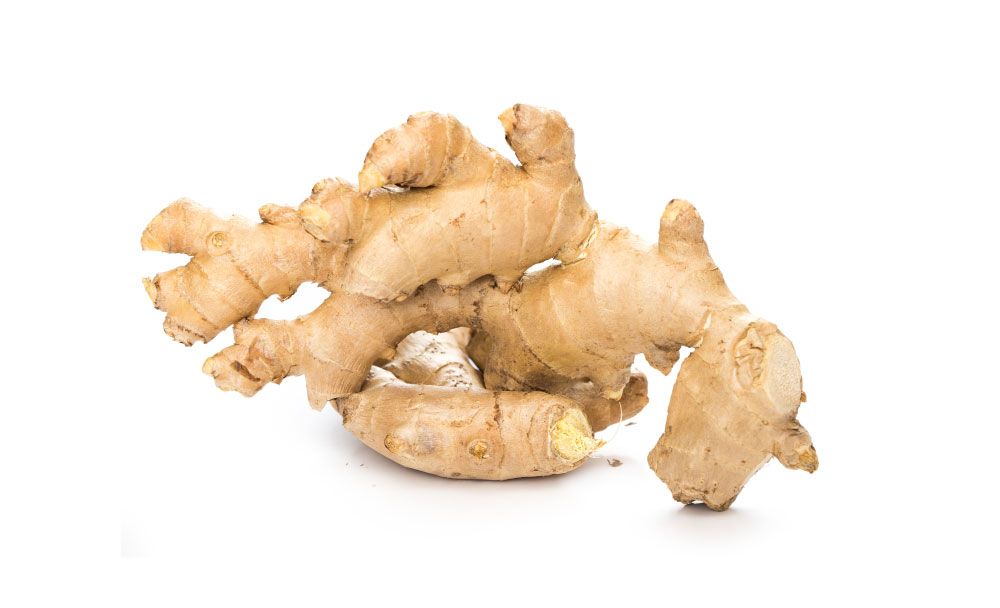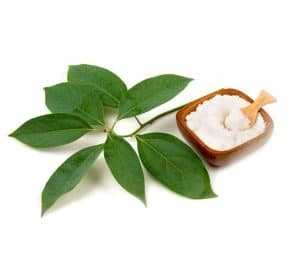Reviewed by Experts

Do you often experience discomfort or pain in your abdomen? Does your stomach feel bloated or bowel movement seem inconsistent? Well, you might be experiencing irritable bowel syndrome (IBS). This article explores everything about IBS, including its causes, symptoms, and treatment options. We’ll also offer tips on how to manage the condition effectively. So, if you’re looking for answers on IBS, keep reading!
What is IBS?
IBS is a gastrointestinal disorder affecting the large intestine. [1] IBS can be due to a combination of factors, including changes in the gut microbiome, increased sensitivity of the bowel, and even stress. IBS is a functional disorder, meaning there is no structural or physical damage to the digestive system. [2] However, the symptoms of IBS can still be quite uncomfortable and can significantly impact your daily life.
What are the symptoms of IBS?
IBS can cause the following symptoms that can impact your daily life:
This pain can vary in intensity and location and can often be relieved by passing gas or having a bowel movement. In addition to abdominal pain, IBS can cause bloating, gas, and changes in bowel movements. [3]
When it comes to bowel movements, IBS can cause either diarrhea or constipation or even alternate between the two. Diarrhea-predominant IBS typically results in frequent loose stools, while constipation-predominant IBS can cause infrequent bowel movements and difficulty passing stool. [3]
Your stomach may experience discomfort in the form of swelling and feel full all the time. [3]
What are the causes of IBS?
Here are some factors that can contribute to the development of this condition:
It refers to the millions of bacteria that live in the digestive system. These bacteria are important in digesting food and keeping the digestive system healthy. Disruptions to this delicate balance can cause digestive problems, including IBS. [2]
Besides foods high in fat and spices, caffeine and alcohol irritate the digestive system and worsen IBS symptoms. [4]

Many women report experiencing worsening symptoms during their menstrual cycles. [5]
They can play a role in IBS, as they cause changes in the digestive system and exacerbate symptoms. [5]
Diet and lifestyle changes to cure IBS
Ayurvedic cure and treatment for IBS are based on restoring balance to the body and mind through natural remedies and lifestyle changes.
There are several herbs used in Ayurveda that help soothe the digestive system and overcome inflammation, including ginger, licorice, and fennel. These herbs can be taken as teas or supplements. [6] [7]

Ayurveda recommends cooked vegetables, rice, lentils, and fiber-rich foods, like whole grains and fruits, to support healthy bowel movements. It’s also recommended to avoid foods known to trigger IBS symptoms, like caffeine, alcohol, and spicy foods.
Yoga exercises like Anulom-Vilom Pranayama and Cat-Cow pose help reduce stress and anxiety. It can help exacerbate IBS symptoms. [8]
FAQs
IBS is a chronic condition affecting the large intestine and causes digestive symptoms like abdominal pain, bloating, and changes in bowel habits.
Many treatments can help manage symptoms and improve quality of life. These include dietary changes, medications, and stress management techniques.
Conclusion
IBS can be a challenging condition to manage, but various treatment options are available to help alleviate symptoms and improve quality of life. Whether you opt for medical treatments or explore alternative approaches like Ayurveda, working with a healthcare provider who can help determine the best course of action for you is important.
If you’re experiencing symptoms of IBS, it’s also important to take care of your overall health by practicing stress-reducing techniques, like yoga and meditation, regular exercise, and a balanced diet that includes plenty of fiber-rich foods.
Disclaimer:
The information provided here is not intended to replace professional medical advice or treatment.
References:
- Irritable Bowel Syndrome (IBS).
- The Microbiome and Irritable Bowel Syndrome – A Review on the Pathophysiology, Current Research and Future Therapy. 10 June 2019
- Symptoms -irritable bowel syndrome (IBS).
- Irritable Bowel Syndrome (IBS).
- Irritable Bowel Syndrome and the Menstrual Cycle. 14 January 2021
- The anti-inflammatory activity of licorice, a widely used Chinese herb. 21 September 2016
- Anti-Oxidative and Anti-Inflammatory Effects of Ginger in Health and Physical Activity: Review of Current Evidence. 4 April 2013
- Chair Yoga.

























